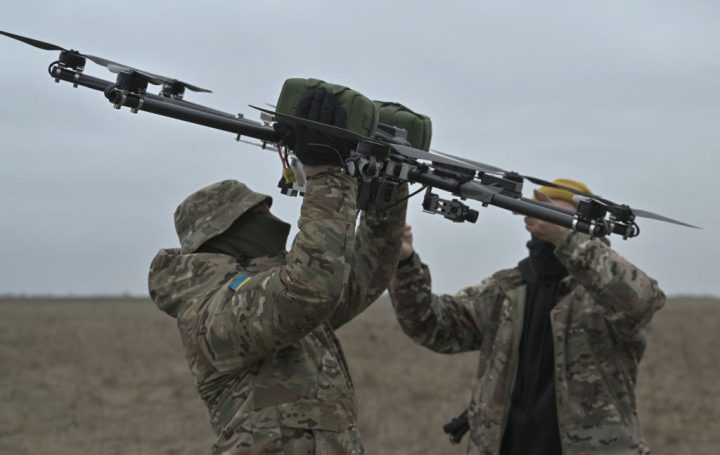Ukraine can’t stop Vladimir Putin’s re-election as Russian President on Sunday, but that doesn’t mean it can’t shatter the perfect image of his sacred day – by bringing the war once again to Russian soil. Throughout the week, Ukrainian drones have been striking oil refineries and energy facilities deep inside Russian territory, while anti-Kremlin Russian militias fighting on Ukraine’s side have crossed the border on tanks and started a fight with Russian forces.
Already a subscriber? Log in
Subscribe for just $2 a week
Try a month of The Spectator Australia absolutely free and without commitment. Not only that but – if you choose to continue – you’ll pay just $2 a week for your first year.
- Unlimited access to spectator.com.au and app
- The weekly edition on the Spectator Australia app
- Spectator podcasts and newsletters
- Full access to spectator.co.uk
Or




















Comments
Don't miss out
Join the conversation with other Spectator Australia readers. Subscribe to leave a comment.
SUBSCRIBEAlready a subscriber? Log in